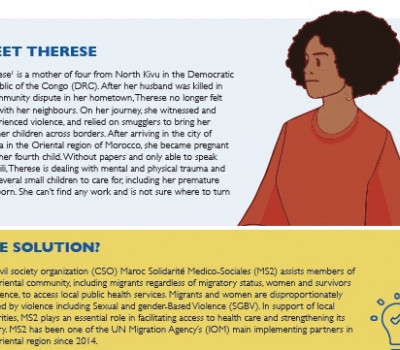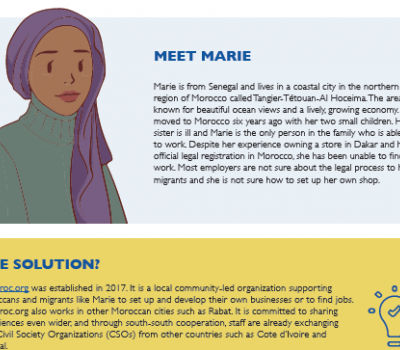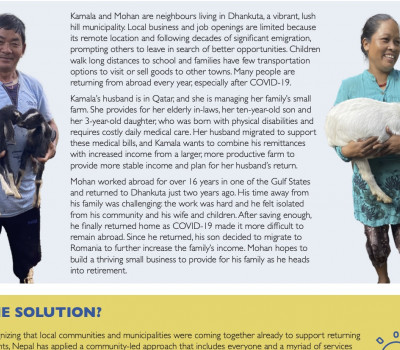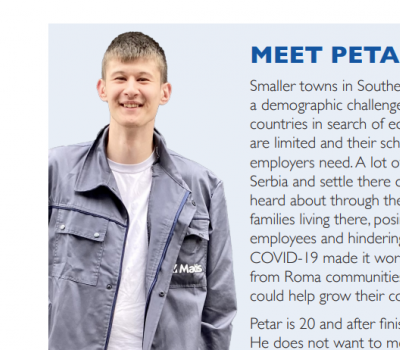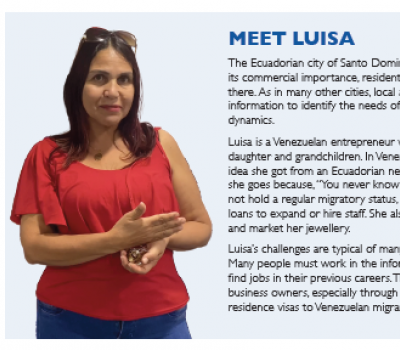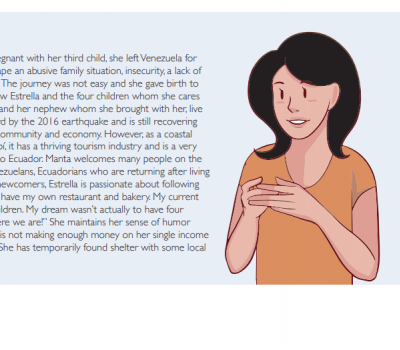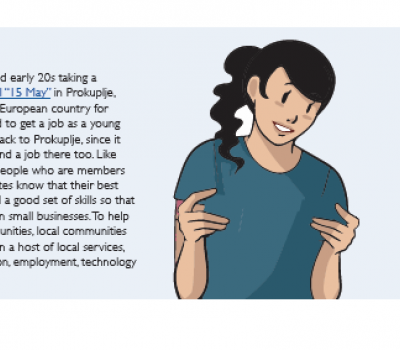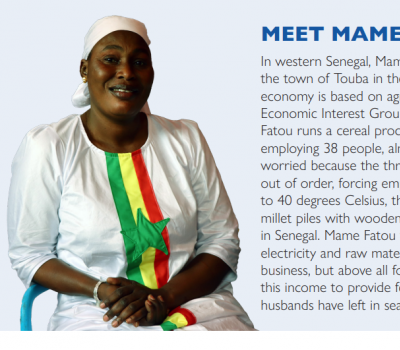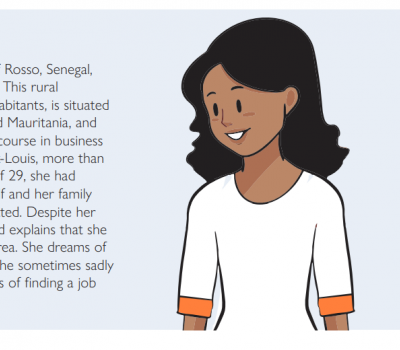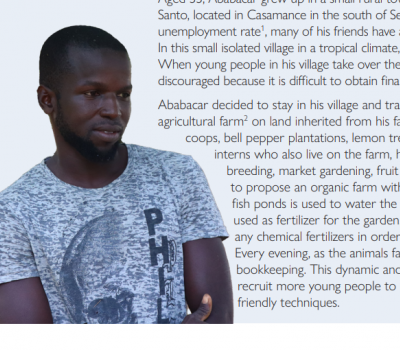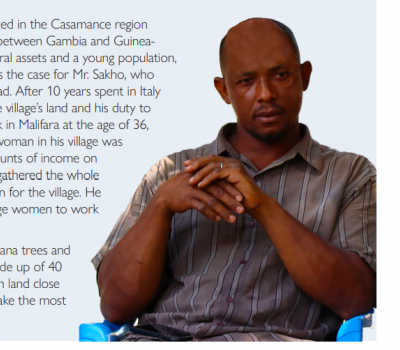IOM supports national and local governments, development actors, other UN agencies and other stakeholders on a variety of migration and development issues to “put M&SD into practice” by refining and translating policies into real change for migrants and communities. At the core of that work are the “IOM-UNDP Global Programme on Making Migration Work for Sustainable Development” and the “Mainstreaming Migration into International Cooperation and Development” projects.
These initiatives support the integration of migration-related issues into national and local policy planning and development cooperation, with a view to maximising the potential of migration to reduce poverty and inequality, improve education and nutrition, create more peaceful and just societies and more. The experience and lessons learned from these two Programmes feed into our work at all levels and we are continually exploring opportunities to extend, scale-up, replicate and showcase good practices and inspiring case studies through global dialogues, knowledge exchange and with our partner.
Making Migration Work for Sustainable Development (M4SD)
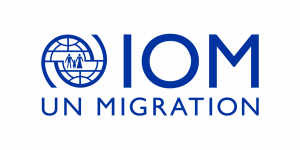
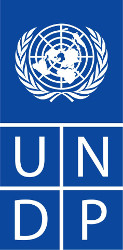
The Global IOM-UNDP Joint Programme on Making Migration Work for Sustainable Development (Phase III), funded by the Swiss Agency for Development and Cooperation (SDC), aims to harness the development benefits and reduce the negative effects of migration for host and home communities, migrants and their family members.
To achieve this, we support national and local governments to integrate migration considerations into key policy areas or design new policies that aim to ensure inclusion for all. We then help translate these policy-oriented actions into the up-scaling of 12 concrete initiatives in target communities in four priority sectors: employment, education, health and human rights and social security.
We work with and empower local and regional authorities to take the lead while also strengthening coordination across all levels of government so that local level needs and expertise translate into more effective national policy-making. While the government takes the lead, the Programme ensures a multi-stakeholder approach for enhanced effectiveness and sustainability through the strategic engagement and capacity building of other relevant actors with a focus on diaspora, migrants’ associations and private sector in each of the 11 countries.
The Programme has a strong focus on knowledge management and data collection in order to showcase how inclusive policies can be implemented locally and how the results contribute to achieving the Sustainable Development Goals. The experience, results and lessons learnt are also shared within the Programme through knowledge exchange and capacity development actions and globally through international fora and dialogues, helping to further global understanding. See synthesis reports which include lessons learned, tips and tricks, good practices, examples and more:
- Promoting Migrant Employability;
- Grants for Diaspora Associations;
- Online Diaspora Engagement Platforms;
- Diaspora Mapping and Engagement;
- Migration Data and Reporting on Progress Towards the 2030 Agenda;
- Engaging the Private Sector: From Mapping to Action;
- Advancing the Financial Inclusion of People on the Move and Host Communities.
Mainstreaming Migration into International Cooperation and Development (MMICD)
The Mainstreaming Migration into International Cooperation and Development (MMICD) project is implemented by the International Organization for Migration (IOM) and funded by the European Commission’s Directorate-General for International Partnerships (DG INTPA). It aims to strengthen the process of integrating migration into the international cooperation and development policy and interventions of the EU along with other donors and partners and to increase awareness and support for partner countries’ efforts to do the same.
Under the framework of the 2030 Agenda for Sustainable Development, the MMICD project provides systematic guidance on how migration can be integrated into development cooperation sectors in a manner that:
- Harnesses the development potential of migration;
- Ensures that risks and opportunities are fully assessed;
- Makes development cooperation more coherent and effective.
Under the project, a “Guidelines Package” was developed and is being rolled‑out with the EU and UN partners to assist international cooperation and development actors to integrate migration into target development sectors. This package is composed of the: 1) Guidelines for Integrating Migration into International Cooperation and Development, 2) Standard Toolkit for Integrating Migration into Development Interventions, 3) Integrating Migration into COVID-19 Socio-economic Response Toolkit, 4) Nine Toolkits for Integrating Migration into Sector-Specifc Interventions (Education, Employment, Environment and Climate Change, Governance, Health, Private Sector Development and Trade, Rural Development, Security, Urban Development) and 5) Training Materials.
The Package was developed with the EU and UN partners to assist international cooperation and development actors in integrating migration into interventions to improve development outcomes across various sectors and contribute to the promote of leaving no one behind. The Toolkits and training materials have been recently piloted in three partner countries – Ecuador, Nepal, and Madagascar. The piloting includes sensitization to the importance of mainstreaming migration, capacity building and provision of tools and technical assistance to mainstream migration in selected development sectors.
Contact the MMICD Project Team at ROBrusselsMMICD@iom.int and check out #MMICD activity on Twitter.
